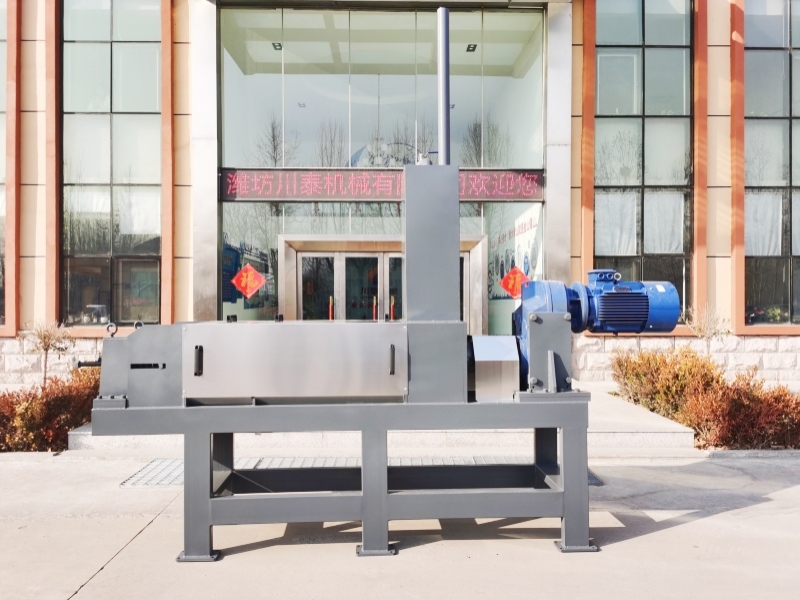
As the world faces the critical challenge of ensuring access to adequate sanitation facilities, innovative technologies like fecal dehydration machines are paving the way for more sustainable waste management practices. These machines play a crucial role in addressing sanitation issues in regions with limited infrastructure, promoting public health, and protecting the environment. This article explores how fecal dehydration machines contribute to sustainable sanitation solutions.
1.Sanitation in Resource-Scarce Regions: In many developing regions, access to traditional sewage systems is limited or non-existent. Fecal dehydration machines offer a viable alternative in such areas, as they do not rely on complex sewage networks and can function effectively even without a consistent water supply. This makes them an accessible and practical option for promoting sanitation and hygiene in resource-scarce communities.
2.Disaster Relief and Emergency Situations: In the aftermath of natural disasters or in refugee camps, maintaining proper sanitation becomes a pressing challenge. Fecal dehydration machines can be quickly deployed to provide immediate relief by managing human waste efficiently. Their portability and self-sustaining features, such as solar-powered operation, ensure that they can operate effectively in remote or off-grid locations.
3.Reducing Water Pollution: Traditional sewage systems often discharge untreated wastewater into water bodies, leading to severe water pollution. Fecal dehydration machines eliminate the need for water-based treatment, preventing the release of untreated sewage and reducing the pollution of rivers, lakes, and oceans. This, in turn, protects aquatic ecosystems and enhances water quality for both humans and wildlife.
4.Public Health Improvement: In regions where sanitation facilities are inadequate, the risk of waterborne diseases is significantly higher. Fecal dehydration machines play a critical role in mitigating this risk by eliminating harmful pathogens during the dehydration process. The production of safe and pathogen-free end products ensures a healthier environment and reduces the transmission of diseases through contaminated waste.
5.Social Acceptance and Behavior Change: Introducing sustainable sanitation technologies like fecal dehydration machines can lead to positive behavior change in communities. As these machines provide hygienic and odorless waste management, they can help break the stigma associated with sanitation practices. Increased acceptance and usage of such facilities contribute to improved public health outcomes.
6.Empowerment and Community Involvement: Implementing fecal dehydration machines often involves engaging local communities in the decision-making and operational processes. This empowerment fosters a sense of ownership and responsibility among community members, leading to more sustainable sanitation practices and long-term maintenance of the machines.
7.Contribution to Sustainable Development Goals: Fecal dehydration machines align with several United Nations Sustainable Development Goals (SDGs), including SDG 6 (Clean Water and Sanitation), SDG 3 (Good Health and Well-being), and SDG 13 (Climate Action). By promoting sustainable waste management, these machines contribute to the overall achievement of these global goals.
In conclusion, fecal dehydration machines offer a practical and sustainable solution to the sanitation challenges faced by various communities worldwide. Their positive impact on public health, the environment, and social behavior makes them a valuable tool in advancing sustainable development and ensuring a healthier future for all.




If your company wants to establish a business relationship with us, please briefly describe the cooperation intention and send an email to:chuantaiscrewpress@gmail.com























































































![[list:title]](/static/upload/image/20240528/1716877114510915.jpg)